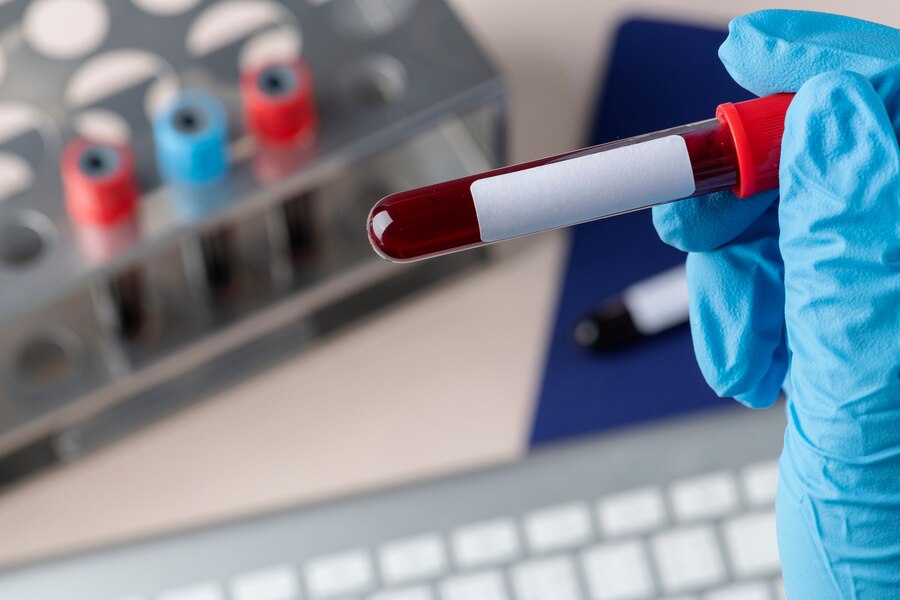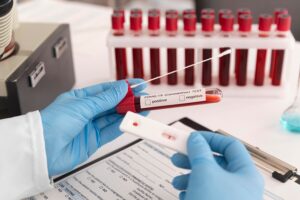Quitting smoking is one of the most important steps a person can take for their long-term health and well-being. While the journey may be challenging, structured support through a smoking cessation program can dramatically increase the chances of success. Whether you are wondering what a smoking cessation program is, exploring free smoking cessation programs, or considering online smoking cessation programs, the good news is that there are many proven paths to help individuals stop smoking for good. This article explores different types of cessation programs, their effectiveness, and the benefits of smoking cessation programs for long-term health.
What is a Smoking Cessation Program?
A program for smoking cessation is a structured plan designed to help individuals quit smoking through education, behavioral strategies, counseling, and sometimes medication support. These programs can take different forms such as in-person clinics, hospital-based programs, community workshops, mobile apps, and online smoking cessation programs. Each program typically combines motivation, habit-replacement strategies, and accountability, which are essential to overcoming nicotine addiction.
The primary goal is to help individuals manage withdrawal symptoms, resist cravings, and build healthier habits. By addressing both the physical and psychological aspects of smoking, these programs provide the right framework for sustainable results.
Types of Smoking Cessation Programs
- Behavioral Counseling Programs
These involve one-on-one sessions or group counseling with a trained professional. They provide tools to identify triggers, manage cravings, and create a step-by-step quit plan. - Free Smoking Cessation Programs
Many public health organizations and community centers offer free smoking cessation programs to ensure accessibility for everyone. These are often sponsored by government health agencies and may include hotlines, text message support, or educational resources. - Online Smoking Cessation Programs
With technology making healthcare more accessible, online smoking cessation programs allow individuals to quit from the comfort of home. These programs often include virtual counseling, mobile apps for habit tracking, and peer support groups through online communities. - Medication-Assisted Programs
Some cessation programs incorporate nicotine replacement therapy (NRT) or prescription medications to reduce withdrawal symptoms. These are often combined with counseling for better results. - Hybrid Programs
A combination of in-person counseling and online tools, hybrid programs give participants the flexibility of digital resources while maintaining the accountability of face-to-face support.
Benefits of Smoking Cessation Programs
The benefits of smoking cessation programs extend far beyond quitting cigarettes. Participants often report increased confidence, improved physical health, and stronger emotional resilience. Some of the key benefits include:
- Higher Success Rates: Research shows that individuals who join a structured program for smoking cessation are more likely to quit successfully compared to those who attempt quitting alone.
- Improved Health: Quitting smoking lowers the risk of lung disease, heart disease, stroke, and cancer. Many participants report better breathing, more energy, and improved sense of taste and smell within weeks of quitting.
- Emotional Support: Having access to group discussions, professional counselors, or online communities helps reduce the sense of isolation many smokers feel during the quitting process.
- Long-Term Success: Unlike self-quit attempts that often fail within weeks, structured programs help individuals build lasting habits for a smoke-free life.
Why Choose a Smoking Cessation Program?
Many smokers believe they can quit on their own, but statistics show that self-guided attempts often end in relapse. A smoking cessation program provides accountability, motivation, and professional guidance, making the process smoother and more effective. Whether you join a local clinic, sign up for free smoking cessation programs, or explore online smoking cessation programs, having structured support significantly increases the likelihood of permanent success.
Tips for Success in a Smoking Cessation Program
- Set a Quit Date: Choose a meaningful date and commit to it.
- Identify Triggers: Learn what situations or emotions make you want to smoke and plan healthier alternatives.
- Stay Connected: Use counseling, peer groups, or online support communities to stay motivated.
- Celebrate Milestones: Reward yourself for every smoke-free week, month, and year.
- Stay Patient: Quitting is a journey, and setbacks may happen. What matters is staying committed to the long-term goal.
Conclusion
Quitting smoking is a life-changing decision, and choosing the right program for smoking cessation can make all the difference. From free smoking cessation programs to comprehensive online smoking cessation programs, the options today are more accessible than ever. By taking advantage of these resources, individuals can not only quit smoking successfully but also enjoy the countless health and lifestyle benefits that come with a smoke-free future.
Frequently Asked Questions (FAQs)
Q1: What is a smoking cessation program?
A smoking cessation program is a structured plan that helps individuals quit smoking using counseling, behavioral strategies, and sometimes medication.
Q2: Are there free smoking cessation programs available?
Yes, many public health organizations offer free smoking cessation programs, including quitlines, online resources, and text message support.
Q3: Do online smoking cessation programs work?
Yes, online smoking cessation programs are effective for individuals who prefer flexibility and digital resources. Many include apps, online counseling, and peer support.
Q4: How long does a typical program for smoking cessation last?
Programs can range from a few weeks to several months, depending on the individual’s needs and the structure of the program.
Q5: What are the main benefits of smoking cessation programs?
The benefits of smoking cessation programs include higher success rates, improved physical health, emotional support, and long-term smoke-free living.
Take control of your health with our smoking cessation programs—visit our website https://scclittleelm.com/our-services/smoking-cessation-programs/ and call us at (469) 200-5974 today to begin your journey to a smoke-free life.



